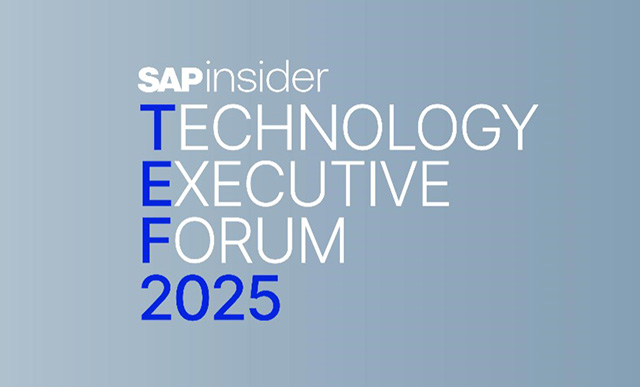Why SAP Skills Are More Valuable Than Ever in the AI Age
Meet the Authors
Key Takeaways
The demand for SAP professionals is increasing as AI transforms job roles from technical specialists to strategic orchestrators, requiring expertise in both SAP and AI-driven solutions.
A significant skills gap exists in the SAP industry, with organizations recognizing the importance of AI skills but struggling to find professionals with the necessary specialized knowledge.
AI-powered platforms like Qubittron are essential for businesses to proactively identify skill gaps, enhance workforce training, and integrate AI capabilities into HR strategies, ensuring a competitive advantage.
The narrative that AI would make countless jobs obsolete has been around for years. Yet, for SAP professionals, the opposite is proving true. The rise of AI and the mass migration to the cloud have supercharged the value of deep SAP expertise. Still, while the demand for talent that understands SAP and AI is skyrocketing, the required skills are undergoing a seismic shift, leaving a wide skills gap.
From Technical Specialist to Strategic Orchestrator
For decades, the hallmark of a top-tier SAP consultant was deep, hands-on configuration knowledge. While that foundational knowledge remains essential, its application is changing. The new experts bridge the gap between core business processes and AI-driven possibilities. Their role is evolving from being a technical specialist into being a strategic orchestrator. Thus, the modern SAP professional is now tasked with:
- Directing intelligent agents and copilots to achieve specific business outcomes, making the interaction between SAP and AI a daily reality.
- Ensuring AI-generated configurations align with business logic, compliance, and best practices, providing essential human oversight for emerging SAP AI solutions.
- Using analytics and AI-powered insights to challenge the status quo and drive strategic business decisions.
This shift means the job is now evolving to leveraging intelligent tools to transform business operations. However, it requires expertise and a deep understanding of what AI in SAP can and cannot do.
Explore related questions
The Widening AI Skills Gap
This evolution has created a challenging skills gap. A recent SAP survey revealed that 99% of organizations believe AI skills are essential, and many have started feeling the negative impact of not having them. The key challenge isn’t just a lack of general AI knowledge but a specific deficit in skills related to SAP and AI.
How do SAP professionals identify their own gaps and proactively address them? More importantly, how do businesses get a clear, real-time picture of the skills they have versus the skills they need to navigate this new landscape, especially in the context of SAP cloud computing environments?
This is where the next generation of SAP AI solutions becomes essential. To keep pace, businesses need dynamic, intelligent platforms that integrate directly into their core HR systems.
Consider AI-powered SAP solutions like Qubittron. With native integration into SAP SuccessFactors, Qubittron’s technology through its Qubittron.ai platform provides a real-world example of how to tackle this challenge head-on. By analyzing workforce data, it delivers real-time insights into existing skills and identifies critical gaps. This allows HR leaders and SAP professionals to move from reactive training to proactive talent development, ensuring the workforce is prepared for tomorrow.
What This Means for SAPinsiders
Embrace AI-powered skills intelligence. This is your next competitive advantage. The market is moving beyond simple employee data records. With AI in SAP driving features like skills forecasting and personalized career pathing, the new frontier is proactive skills intelligence. SAPinsider research highlights that businesses are rapidly embedding AI to make smarter talent decisions. An integration platform like Qubittron.ai acts as a crucial layer, connecting its intelligent agents directly with SAP SuccessFactors data. This allows organizations to go from passively storing skills data to actively analyzing it and answering complex workforce questions in real time.
Make intelligent integration your core strategy. According to SAPinsider research, around 52% of businesses now operate in a hybrid landscape, leveraging core SAP cloud computing solutions alongside best-of-breed third-party applications. This makes integration paramount. Platforms like Qubittron.ai serve as the intelligent fabric connecting disparate HR systems for SAP SuccessFactors users. This ensures data flows securely and enables powerful, cross-application automation, preventing data silos and building strategy on a unified, enterprise-wide view.
Prepare for the agentic AI shift in HR. Market trends show a clear move away from standalone AI tools toward Agentic AI, a trend that SAP is also embracing with its Joule copilot. This means that SAP SuccessFactors users must think strategically about orchestrating these agents. An integration platform acts as the essential control tower. By leveraging SAP and AI, organizations can create a foundation to deploy agents that automate everything from talent acquisition to personalized onboarding, freeing the HR team for high-value strategic initiatives.






